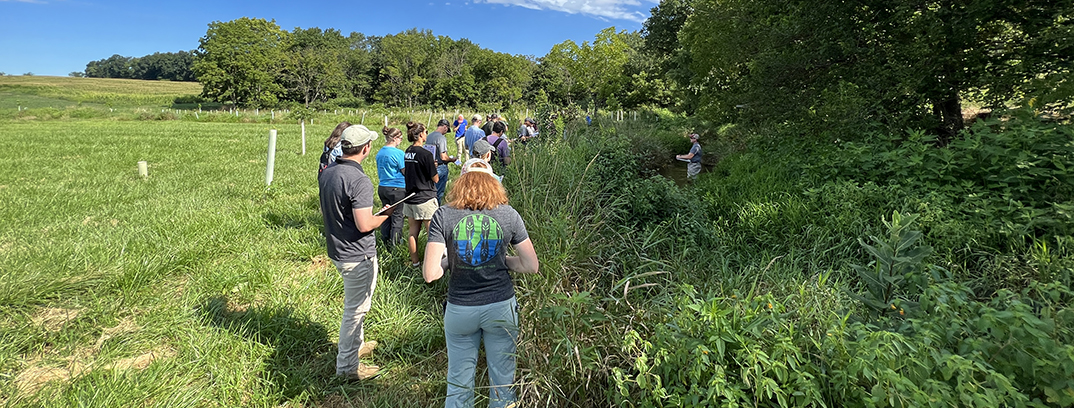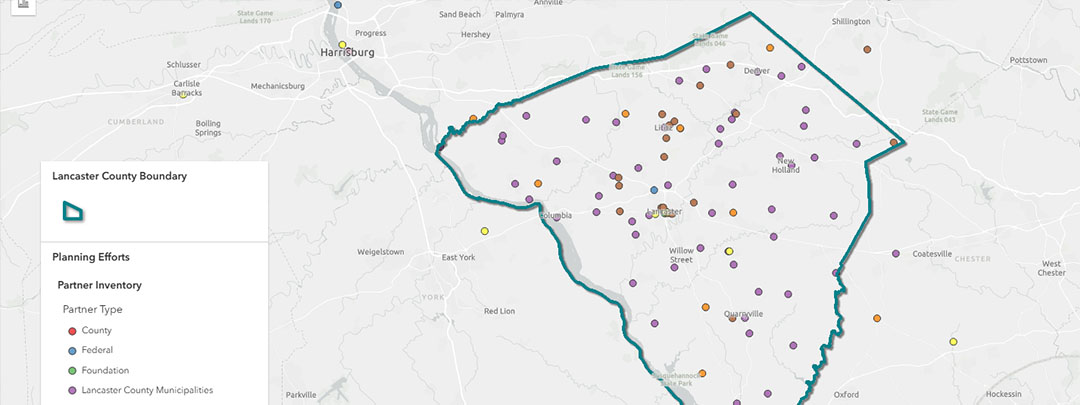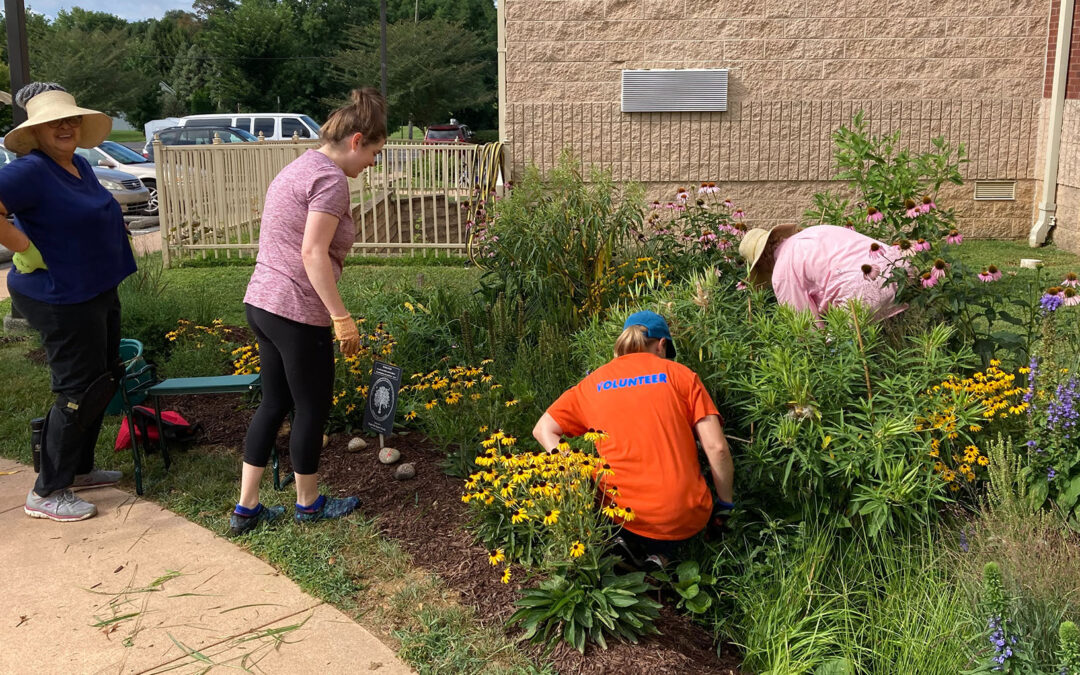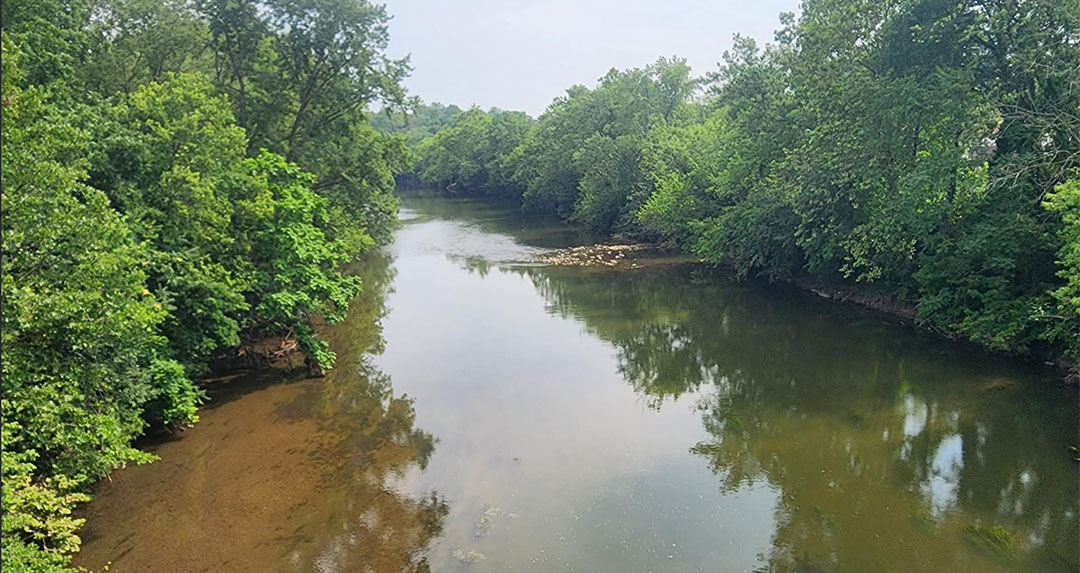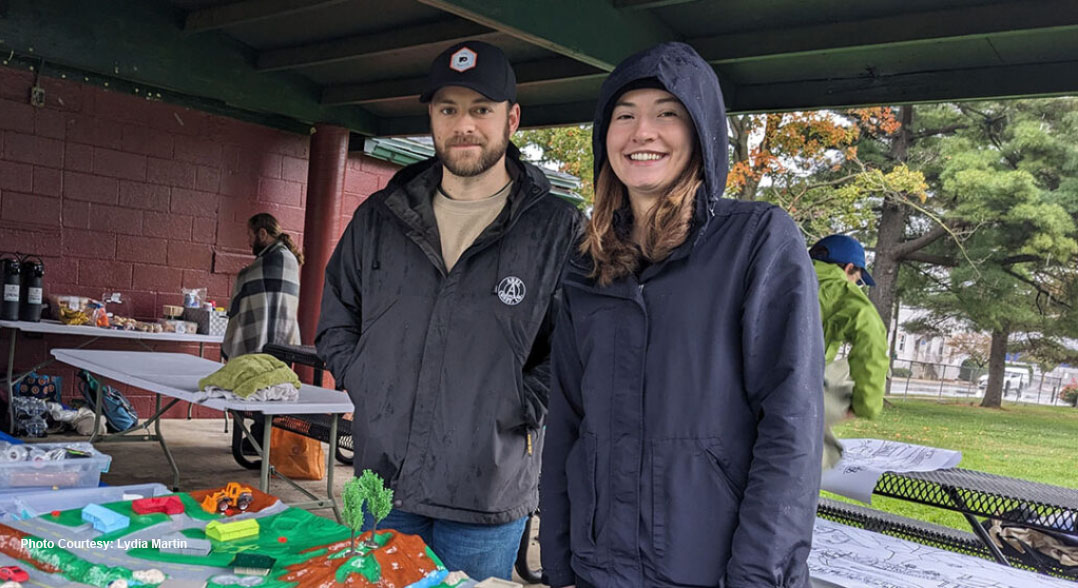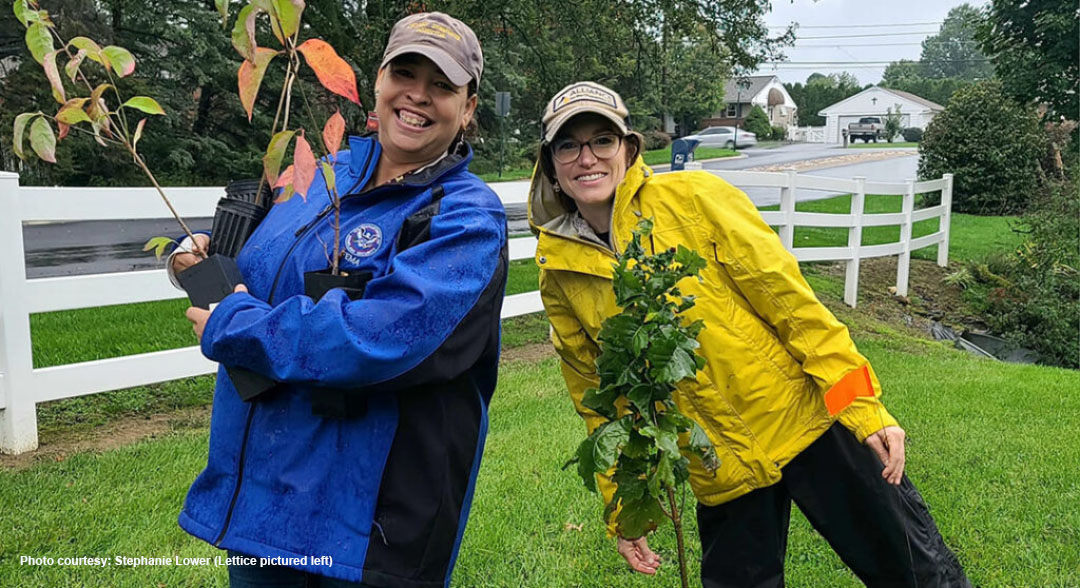Clear Water Fund Small Implementation Grantees Announced

Enhancing Lancaster County’s Water Quality: Community-Led Initiatives Making a Splash
The Lancaster Clean Water Fund serves as a catalyst for increased collaboration to efficiently achieve clean and clear water in Lancaster County by 2040. It provides a unique opportunity to work with landowners, leaders, and communities across the county on education, restoration, and protection projects to improve water quality.
For the 2024 Small Implementation Grant, nonprofits and municipalities were welcome to apply for up to $25,000 for engaging residents in planning and implementing clean water projects. 2024 awardees were:
Alliance for the Chesapeake Bay – SoWe Project Clean Stream ($12,500)
Building on 2023 Fund progress, this project will steward neighborhood “Champions” who receive a stipend to lead local trash cleanups & education efforts. Champions complete 2+ events that empowers volunteers in their neighborhood for total of 10 events.
City of Lancaster – Long’s Park Water Quality Improvement Project ($9,000)
Signage based on the biological, ecological, and engineering processes that occur at each stage of the Longs Park Wetlands system. Six signs will also be designed to reflect the City of Lancaster’s commitment to inclusivity, diversity, and equality.
Cocalico Creek Watershed Association – Upper Cocalico Creek Stream, Floodplain & Wetland Restoration Partnership ($8,500)
Conceptual Restoration Plan for effective landowner participation by engaging residents in planning and implementing clean water projects on their and neighboring properties.
College Park Climate Action Neighborhood – River Pathway Connections ($8,500)
Outdoor Classroom, Signage & Online Resources; At completion of our project we envision a fun and informative community event in addition to the ongoing educational opportunities, planned or organic, from the permanent installation
Conoy Township – Conoy Township Stackstown Road Community Park & NWRT Accessibility Improvements ($5,060)
Transform a once residential, now township owned, vacant streamside property full of debris & invasives, into a public park with parking, walkways, picnic, access to NW river trail. Funding for natives, stormwater controls, rain garden & signage.
Lancaster Conservancy – Conservation Landscaping Crews Training ($9,500)
Bolster the conservation landscaping skills of a diversity of existing landscaping crews in Lancaster County. Facilitate new training cohorts & follow-up support for last years crews (retirement home campuses) to implement practices on private land
Lancaster County Conservation District – Expanding Water Quality Monitoring Volunteerism in Lancaster ($9,000)
Water Quality Volunteer Coalition chemical equipment has started to break and become outdated so we need new equipment to support existing volunteers. The program expansion allows more volunteers (10-20 organized in eastern Lancaster) to easily access equipment and learn about the health of their streams.
Lancaster Science Factory – Eco Explorers ($6,250)
In the spring Eco Explorers program goes out to local School District of Lancaster elementary school locations, where we would host three workshops offsite at a local school, then take two different field trips – one to a local stream running through Lancaster City and one out to a Lancaster Conservancy preserve where they can compare and contrast stream health
Stroud Water Research Center – Expanding and Sustaining the Lancaster Outdoor Learning Network for Water Quality Improvement ($18,000)
The proposed project will strengthen and expand the Lancaster Outdoor Learning Network Initiative (OLNI) to more teachers and school districts that face accessibility barriers to water quality education. Professional Development for teachers & Leaf Pack Network, Project WET, and stormwater implementation at their schools
Lancaster County Conservation District – Buffer Establishment Support Team ($8,000)
The Buffer Establishment Support Team provides payments to landowners for establishment of riparian forested buffers, which is vital for their survival.
These initiatives not only align with Lancaster County’s commitment to reducing nutrient and sediment pollution but also foster community involvement in safeguarding water quality. By combining educational outreach, community engagement, and innovative approaches, these projects are paving the way for a more sustainable and ecologically aware Lancaster County.


